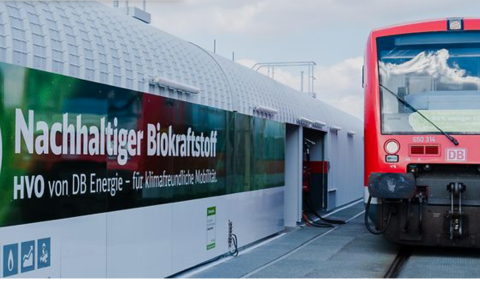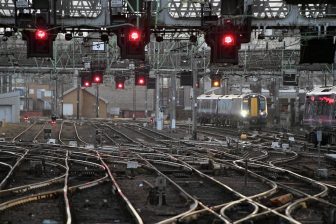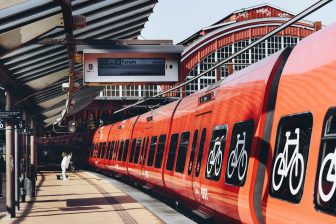
EU Parliament throws weight behind alternative fuels infrastructure for railway
Deutsche Bahn is switching over its regional trains to alternative fuels 2022, DB AG / Adam Özdemir
The European Parliament on Wednesday approved a report on the Alternative Fuels Infrastructure Regulation (AFIR). This heralds the next step for Brussels in setting up a new legal framework for the rollout out of infrastructure for alternative fuels, as well as the for the availability of that infrastructure.
Want to read more?
You have read all of your free premium articles for this month. Please become a subscriber to keep reading.
Subscribe now!
Take advantage of our exclusive offer to get full access to all premium content.





Contemporarily, as well, simply for obeying Goal of EU… decisively, mere railway infrastructure now has to be upgraded!
(Being the safest and most energy effective on shore mode, should not obstruct from the shift needed for proving optimal – for ware owners, that have shifted strategy, to “On Demand”! …
Electrification, yes, but optimal, etc.!